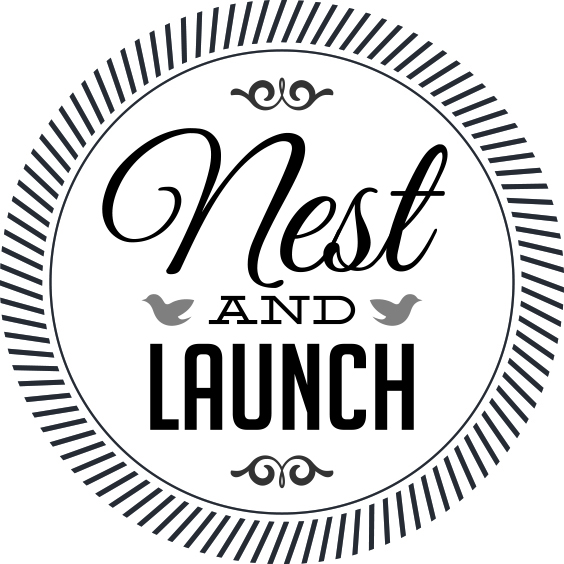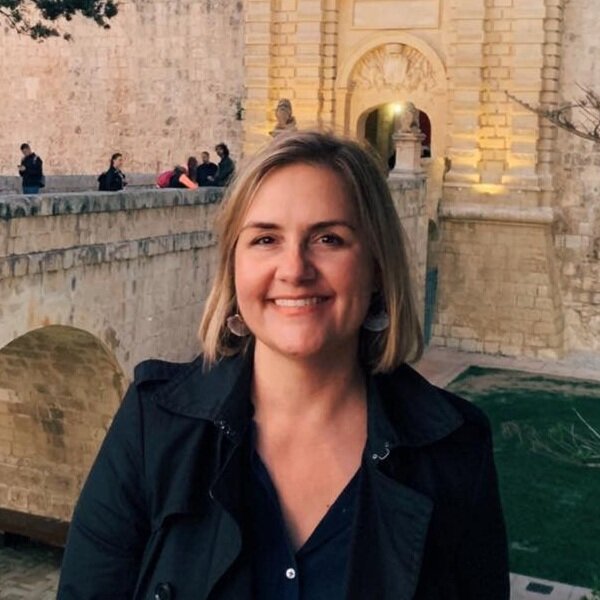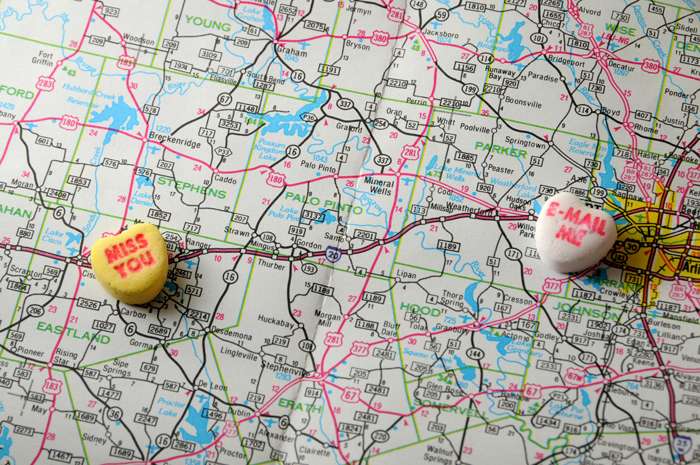The help
/We've all been there. Maybe your son has an English essay deadline looming but feels stuck and wants your help. Or your daughter brings her history research paper to you for final editing. How much help is enough and how much is too much?
For example, I'll admit I can be a pretty ruthless editor. I was a proofreader and editor when I first got out of college; I do love leaving some lovely red marks in those margins! And yet, when it comes to helping my kids with their school essays, I am stymied. Of course I want to help. And getting others to take an objective look at their work is a good habit to encourage in our kids, right?
At the same time, I want to encourage them to own their work and to make sure the papers stay theirs. (And also? While I weigh these options, images of helicopter parents, tiger moms, hockey dads, and stage moms float through my mind. Yes, it gets crowded in there.) I do think that somewhere in between leaving them alone and doing it for them there's a learning zone where we can be helpful.
(Warning: child development geekery ahead!) The education and child development worlds call this the zone of proximal development. Basically, it's the space between what a child can do unassisted and what he can't do yet at all. It's where the skills might be too difficult to do on his own but can be done with the right amount of support and encouragement ("scaffolding") from a knowledgable person. It's thought that it is in that zone, given some good scaffolding, where learning happens best. Or at least that's what Vygotsky thought. (Thanks for indulging me.)
I like what Brene Brown said in an interview with Krista Tippett recently:
I was editing a story [my daughter] wrote last night and she [asked] “so, are you saying you don’t think that’s good?”
And I looked at her and I said “I don’t know how to do this. I know how to grade papers, I know how to get things back from my editor (which is always really bloodied), but I don’t know how to do this with you.”
And she [said] “what do you mean you don’t know how?”
“I don’t know how. This is the first time I’ve ever edited a piece of fiction of yours. I don’t know how to do it.” And I said, “What do you want and what don’t you want?”
And she said, “I want you to fix the things that make the story not good but I don’t want you to make it your story.”
Brilliant! I love the idea of starting with the question what do you want and what don't you want? Because--newsflash!--this is not actually about us or for our learning. Letting students determine the level of help keeps them in charge of the process. (Of course, if your child says "I want you to rewrite my paper" or "just do this math problem," you might have to reframe a bit.)
How is the homework situation at your house? How do you find the right balance in helping? What's worked and what hasn't?
. . .
p.s. Here are a few other hints that we've heard about or tried and liked:
-Try reading the essay out loud to your student writer and invite him to notice what works, what doesn't, and where he wants to make changes. Someone first did this for me when I was a university freshman and it gave me a fresh perspective on the essay and changed my writing approach.
-Don't just wholesale edit somewhere off on your own; go through it together. When you notice a typo, explain the correction you'd suggest. Without rewriting it, note where a passage leaves you confused and talk together about ways to clarify it. Then send her off to rewrite and correct it herself.
-Keep it appropriate to the grade level. Your sixth grader does not need to compose an essay at college level standards (and shouldn't). If you have a chance, ask teachers what they expect and how much parent editing is expected or optimal.
-Let them make mistakes. This is tough, I know, but we parents are the training wheels here and eventually those training wheels have to come off. (I read an article that said a staggering 1 in 5 parents continue to do substantial edits on their college-age children's papers.Yikes.) The goal is that our big kids and teens eventually take off and do this on their own. Swooping in at every difficulty or wobble can rob them of the chance to find their own balance and competence.


















